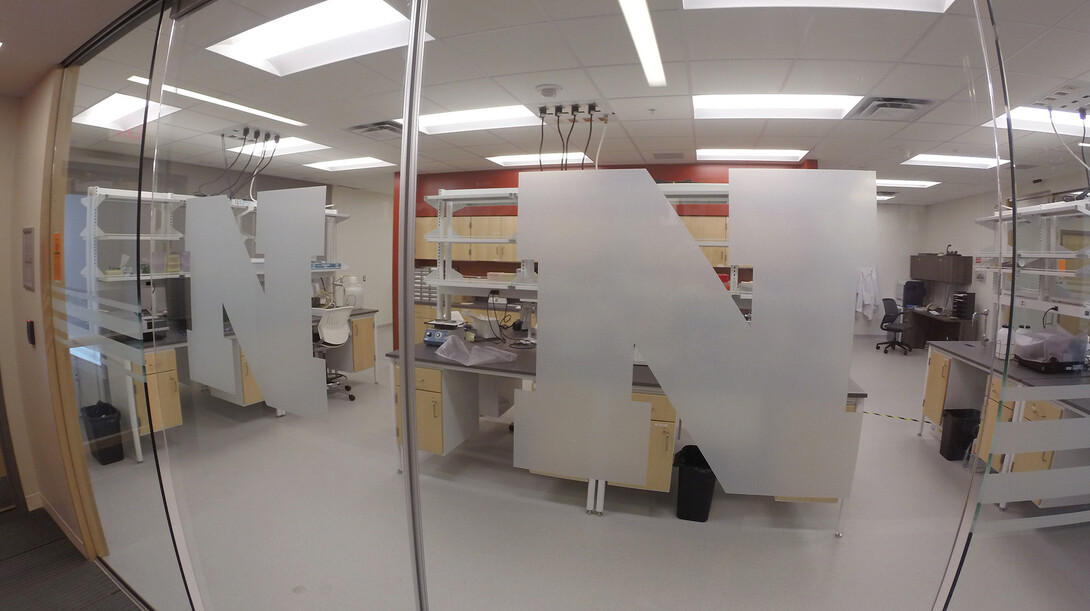
The UNL Salivary Bioscience Laboratory, located in East Memorial Stadium, offers analysis of human saliva for biomarkers of stress response and immune function. A series of upcoming events will showcase its services and provide info, training and support for researchers interested in collaborating with the lab.
The Salivary Bioscience Laboratory is operated as a research core facility through a partnership between the Center for Brain, Biology and Behavior (CB3) and the Nebraska Athletic Performance Laboratory. The lab is equipped to test for 19 biomarkers, including cortisol and testosterone. Laboratory staff and faculty advisers provide consultation in research design, human subjects protection, saliva sample collection, and grant writing pertaining to salivary bioscience. Earlier this fall, the lab obtained Center for Excellence status, which certifies that the lab meets the rigorous collection, handling and testing standards of Salimetrics, Inc.
Faculty, post docs, and students interested in an introduction to how other researchers are integrating salivary bioscience into their research programs are invited to attend a faculty panel discussion at noon Nov. 16 in the CB3. Doug Granger, senior research consultant to the lab and director of the Institute for Interdisciplinary Salivary Bioscience Research at Arizona State University, will join Jessica Calvi of UNL’s salivary lab via videoconference for a question and answer session. For additional information, click here.
The lab will offer in-depth training in salivary bioscience in an inaugural “Spit Camp” at the CB3 on Dec. 14-15. The workshop will include lectures on theoretical perspectives and practical applications on the first day and laboratory demonstrations on day two. The registration fee is $75. For additional information, click here.
CB3 recently released a request for proposals for a seed grant program that includes an opportunity for faculty to apply for seed funds to support the analysis of saliva samples in the lab. The deadline to apply is Dec. 7. The request for proposals is available online.
For additional information about the Salivary Bioscience Laboratory and its programming, click here.







